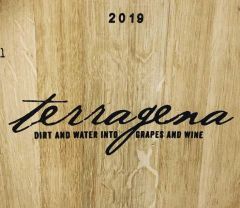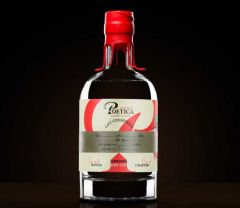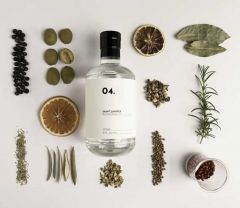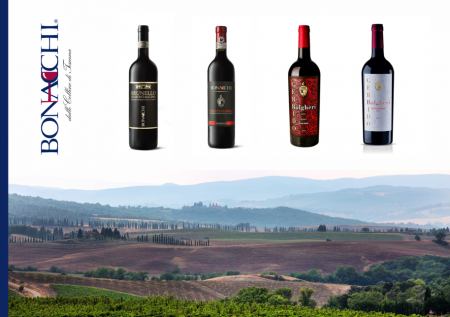Sommeliers Choice Awards 2025 Winners
RockFilter Distillery opens in June poised to make Minnesota’s best whiskey
Myrah, a fourth-generation Norwegian farmer, is turning these grains into whiskey at RockFilter Distillery

The floodgates open and water rushes in. The entire building starts to tremble—cobwebs shake, beams shudder, a haze of flour shoots into the air. Turbines and belts from the 1870s are whirring just like they have for over a century.
This is Schech’s Mill, the oldest water-powered mill with its original equipment in the state. It’s nestled in a pastoral glen in the Driftless region, where Beaver Creek carves through the oak-filled bluffs on its way to the Root River.
This is where Christian Myrah mills the grain he grows in Spring Grove, Minnesota. Myrah, a fourth-generation Norwegian farmer, is turning these grains into whiskey at RockFilter Distillery and when it opens in late June, RockFilter will be selling what could become the best whiskey made in Minnesota.
“Whiskey is grain-based and we’re raising grains, so the liquid lends itself to whiskey,” Myrah says, adding that they won’t be making gin, vodka, or probably any other spirit. “Gin and vodka you can make today and sell tomorrow, so we probably made the wrong decision for the business. But we want to focus on what we what we know and love.”
Let’s get the clichés out of the way—grain-to-glass, heirloom varieties, organic farming—RockFilter has them all. But if there’s anything we’ve learned from the very young examples of local whiskey, it’s that superior grains make superior spirits (the AC Hazlet rye at Far North Spirits is the other prime example.)
The Miller at Schech’s, Ed Krugmire, pours Christian’s corn into a hopper, which drops the kernels between a pair of thousand-pound stones, French quartz, once lugged across the undulating Driftless landscape by horses. It comes out finer than grits but coarser than a meal. It’s warm from friction and downy as goose feathers.
For the purposes of making whiskey, milling grains here is both anachronistic—most distilleries purchase grains and have a small electric mill on site—and inconvenient—it’s a few-mile trek from Christian’s farms through the winding, albeit beautiful, country roads.
But there’s something to be said for these grains being handled by the first-name chain of custody—grown by Christian, cleaned by his dad, milled by Ed, distilled by Dave (Wray, an alum of Indeed Brewing.) For such an agricultural product, many distillers across the country sit at a shocking remove from their raw materials—ordered from a catalog, their provenance unclear. The ultimate advantage of farm-direct spirits is not to have a homey feel-good story, it’s to work with a material that no one else has.
Read More at source: The Growler

















